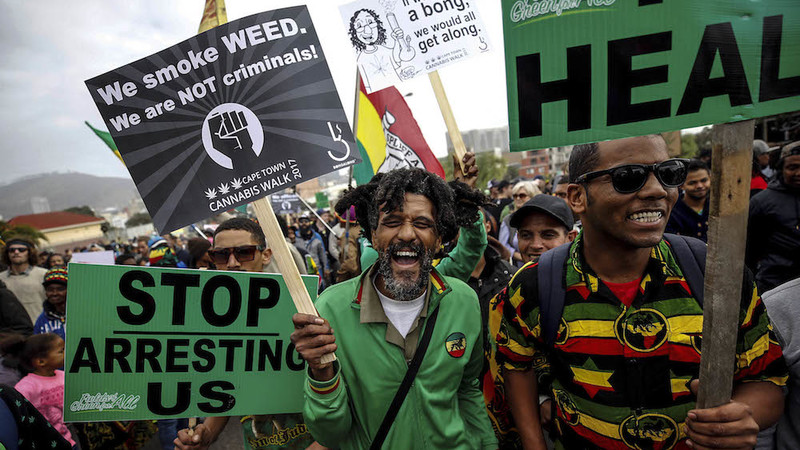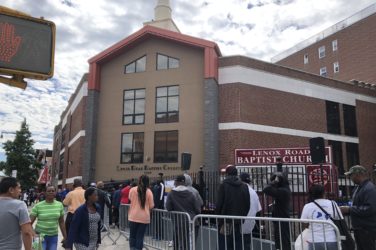On September 18, South Africa became the latest nation to decriminalize cannabis. The country’s highest court ruled that cannabis—or dagga, as it’s called locally—is legal for adult recreational use in private spaces. The Constitutional Court also decriminalized growing cannabis for private use. The court did not specify the quantity of cannabis a person can legally grow or use in private, and it will still be illegal to sell or use in public.
The unanimous judgement concluded that “the limitation [on cannabis] is not reasonable and justifiable in an open and democratic society based on human dignity, equality and freedom.”
The ruling confirmed the decision of a lower court—the High Court of South Africa, Western Cape Division, Cape Town—which based its decision to decriminalize cannabis, in part, on “the importance of the core component of the right to privacy,” “the additional resources that may be unlocked for use of policing of serious crimes,” and the fact that the criminalization of cannabis “is certainly characterized by the racist footprints of a disgraceful past.”
Notably absent, of course, is the U.S. federal government.
The High Court’s decision was also influenced by the other “democratic societies based on freedom, equality and human dignity that have either legalized or decriminalized possession of cannabis in small quantities for personal consumption.” The ruling included a list of 33 other countries or U.S. states that have done so. The list includes Austria, Jamaica, Portugal, Uruguay and, as of October 17, Canada, which is scheduled to legalize recreational marijuana for use and sale. Notably absent, of course, is the U.S. federal government.
“[L]oud cheers are erupting inside the court as Justice Zondo is going through the judgement” tweeted Khayelihle Khumalo, a journalist who was present at the ruling. He also tweeted a video of the scene outside the Constitutional Court in Johannesburg, where members of the Rastafarian community smoked cannabis and chanted.
#DaggaDecision Interesting scenes outside the Concourt. #Dagga pic.twitter.com/UfCjZpDnA6
— KhayelihleKhumalo (@KhayaJames) September 18, 2018
Unfortunately for the thousands of overwhelmingly poor South Africans currently incarcerated for using or dealing small amounts of cannabis, the decriminalization judgment explicitly stated that it would not apply retroactively “because it could have a disruptive effect on, and, cause uncertainty in, our criminal justice system.” According to the The Clear Option (formerly the Anti Drug Alliance), a harm reduction group in South Africa, the police arrest, on average, one dealer for every 36 users of cannabis.
Jeremy Acton, one of the plaintiffs in the case and the leader of the Dagga Party, which campaigns for the use of cannabis, said the ruling should have gone further to legalize the carrying of marijuana in public. Two other plaintiffs—Myrtle Clarke and Julian Stobbs—who have been dubbed “the dagga couple,” agreed the ruling did not go far enough.
The ruling “doesn’t deal with criminal records, people in prison or stay of prosecution cases that have been put on hold pending this outcome,” Clarke said. “We will keep fighting for everybody. The battle has been won, the war is not over. The war is to get complete legalization, so all citizens can benefit economically.”
Image via Mike Hutchings/Reuters.




